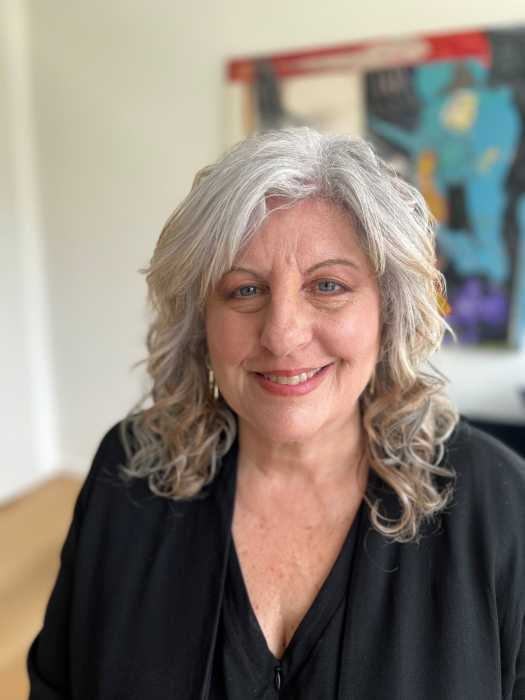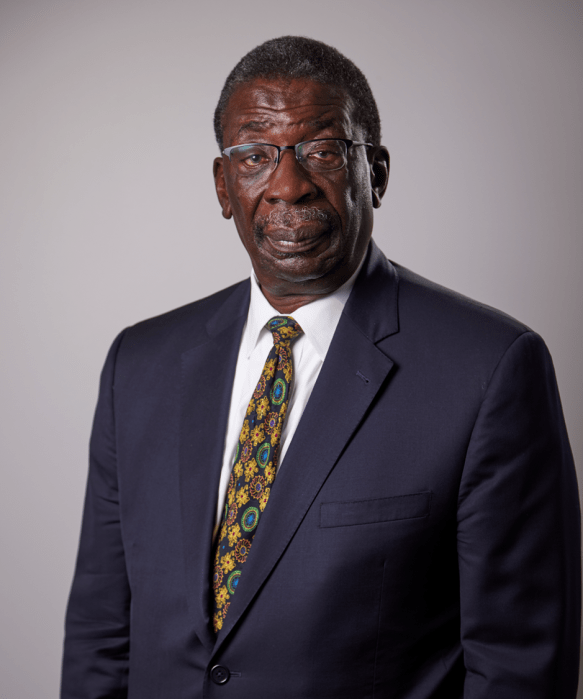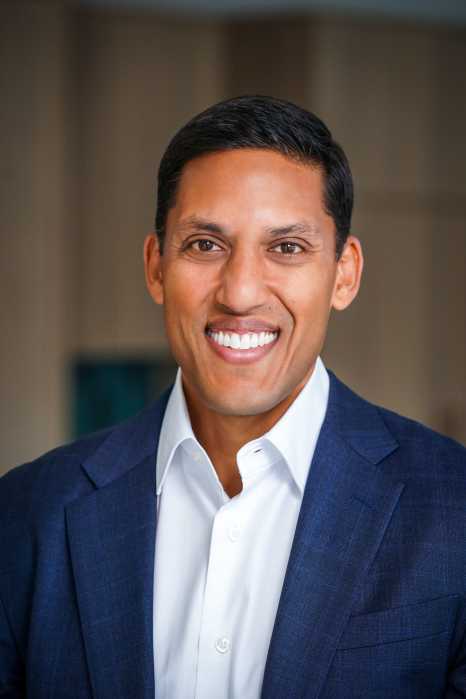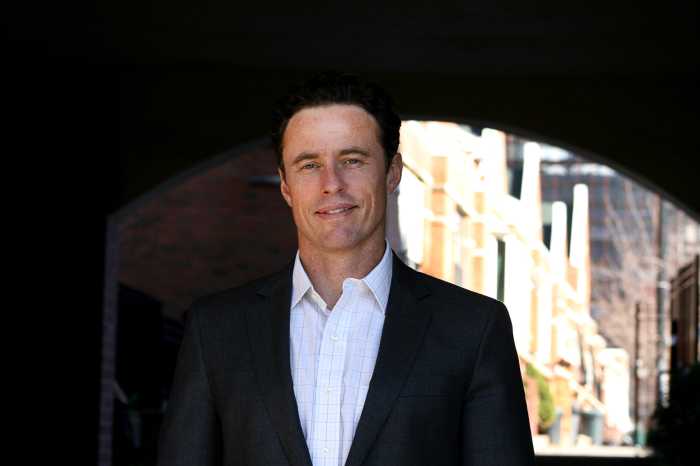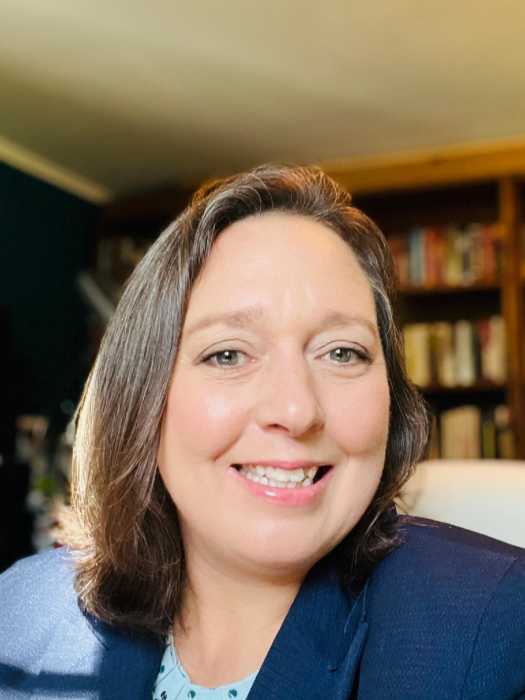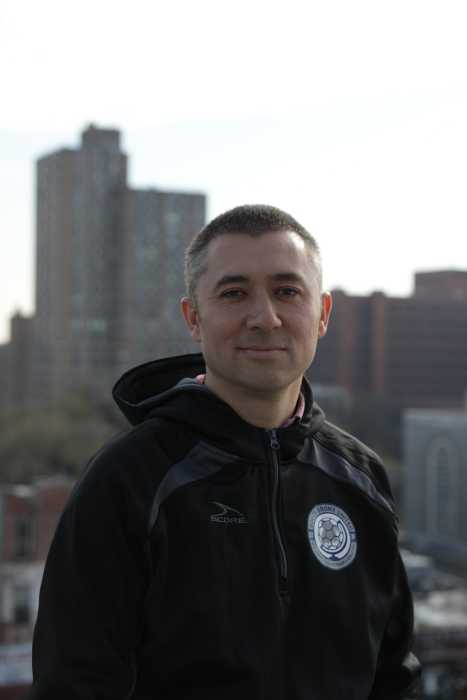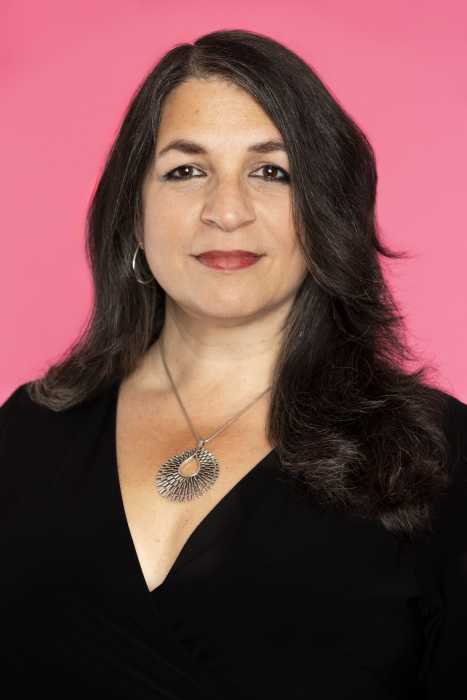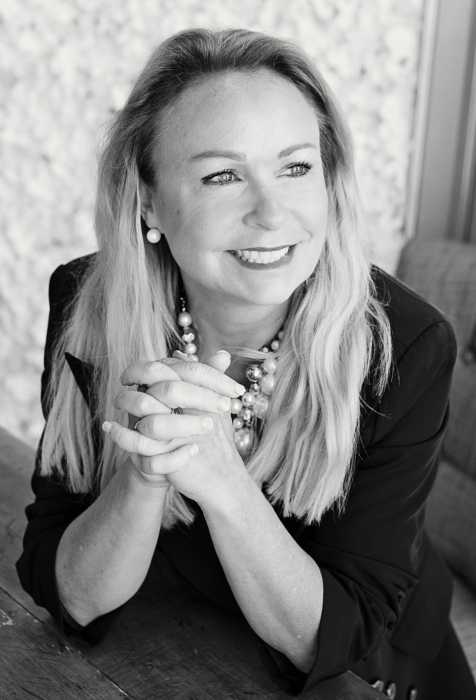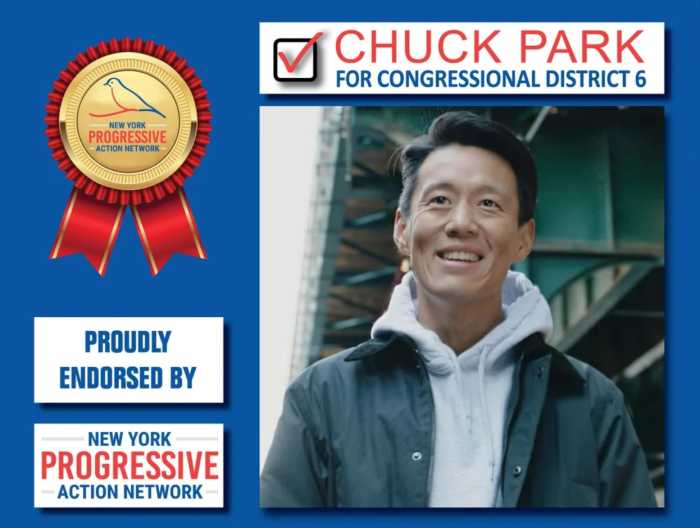Lisa Schreibersdorf is the founder and executive director of Brooklyn Defender Services (BDS). She has been a public defender for over 35 years. Lisa oversees all of BDS’ work and has led its growth into a full-service legal provider. She is involved in the legal community and has served in many bar associations, including as past president of the Chief Defenders Association of New York, the NYS Association of Criminal Defense Lawyers and the Brooklyn Women’s Bar Association.
What is the proudest moment of your career so far?
I am most proud of the defender office we built in Brooklyn which has grown to meet the legal needs of people targeted by the criminal and family policing systems in Brooklyn. Throughout my career, I have also fought for change in a harsh and unfair legal system. I have worked with system stakeholders to develop alternatives to prosecution, address racial inequities in the legal system, and advocate for reforms in bail, discovery, and sentencing.
What policy changes could be made to aid in your work within the nonprofit sector?
New York’s sentencing laws are devastating for people impacted by the criminal legal system, creating barriers for growth and change and undermining due process. The Youth Justice & Opportunities Act and the Communities Not Cages legislative package would create critical protections for young people, offer safeguards against an over-reliance on incarceration, and promote a stronger and more just New York.


